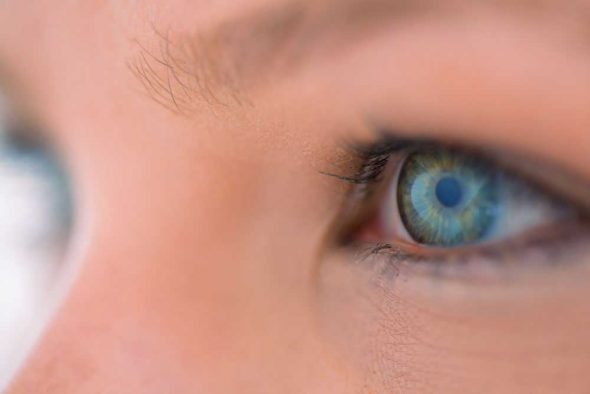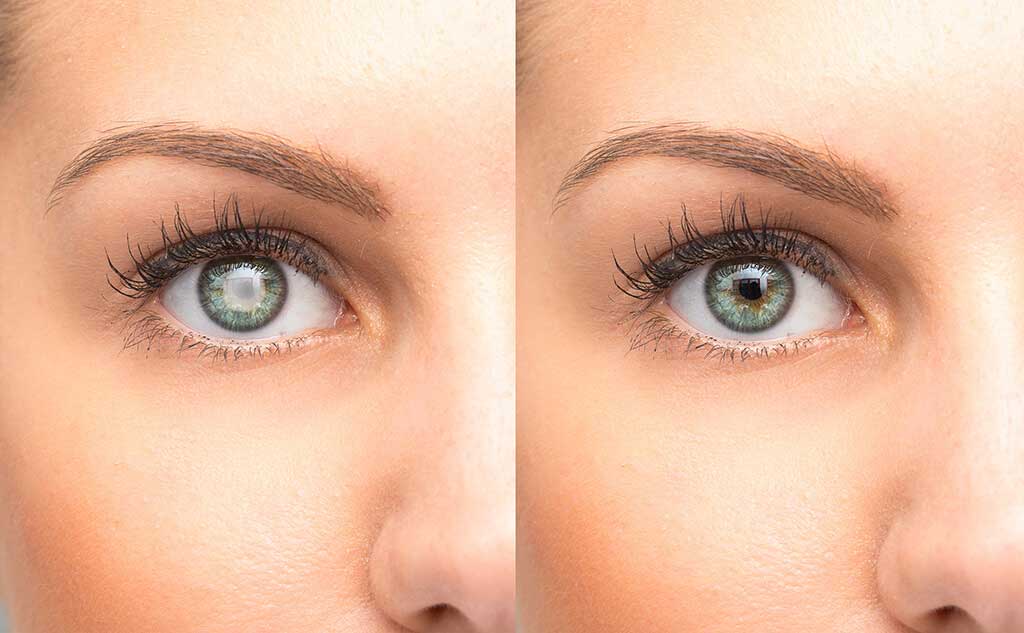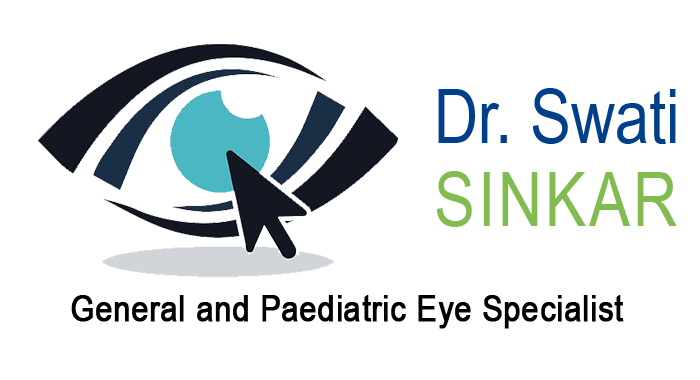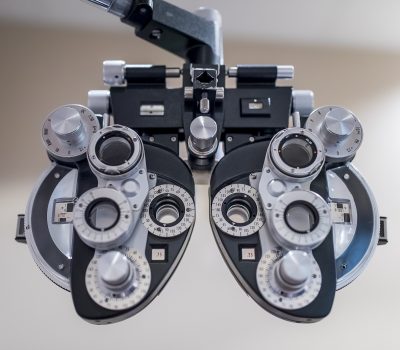Can your diet and healthy living slow down progression of cataracts?

The precise reasons as to why cataracts develop are still largely unknown, and the only effective cure remains cataract surgery, where the clouded natural lens of the eye is removed and a clear plastic lens (known as an intraocular lens or IOL) is implanted in its place.
The development of cataracts is largely associated with ageing (although they can develop in younger people as well). Bearing this is mind, a common question is whether the onset of cataracts can be delayed or slowed as we get older, if not prevented altogether.
Recent research would seem to suggest that there are steps that can be taken with regard to diet and lifestyle that may be able to slow down or inhibit the growth of cataracts.
Can your diet slow the onset of cataracts?

Eye specialists believe that a healthy diet rich in antioxidants and certain vitamins can produce positive results in terms of slowing the progress of cataracts. This is because oxidative stress (caused by insufficient antioxidants in the body) is thought to damage enzymes and proteins in the eye’s natural lens, and it is this that causes the lens to become clouded.
Therefore, it is recommended that eating foods that are rich in antioxidants, plus supplementing your diet with vitamins B, C and beta carotene, is a proactive step that older people can take in order to reduce the risk of cataracts forming, or to slow down their progress.
What sort of foods can help to prevent cataracts?
A diet that contains large amounts of fruit, vegetables and whole grains is a way in which you can ensure that you have sufficient intake of antioxidants. This is because these foods contain elements that prevent oxidation, the process by which healthy cells in the body are damaged by other less healthy ones (and which can cause other degenerative medical conditions, such as heart disease and cancer).
When oxidation occurs in the eyes, it adversely affects the protein and fats in the lens, which can then become clouded so that a cataract forms. Therefore, eating more foods containing antioxidants and avoiding unhealthy foods can help to prevent oxidation occurring in your eyes, which in turn may halt the development and progress of cataracts.
Your ophthalmologist in Adelaide will also likely recommend that you limit your carbohydrate intake, as well as the amount of fried, processed and sugary foods that you eat, as these are also thought to contribute to the onset of cataracts.
Protect your eyes from UV rays
Most people in Australia are aware of the potential damage caused by ultra-violet (UV) rays and potential risk of skin cancer and melanomas, but shielding your eyes as far as possible from the sun can also help to prevent the onset of cataracts. Wearing a hat when outside, as well as sunglasses that offer 100% UV protection is essential to prevent potential damage to the eyes.
Your Adelaide eye specialist can advise you on the best way to protect your eyes from damage by the sun.
Stop smoking to prevent cataracts
As well as damaging your overall health and wellbeing, smoking can also hasten the onset of cataracts.
Cigarette smoke contains chemicals that harm your body’s cells and cause oxidation which, as discussed above, can lead to the natural lens of the eye becoming clouded. If you smoke, quitting may help to slow the progress of any exisiting cataracts, or delay their potential onset, regardless of how long you may have smoked for.
Of course, if you don’t smoke, you definitely shouldn’t start!
Visit an eye specialist in Adelaide regularly
Although, many people can live with cataracts for some time without major impact on their quality of life, in most extreme cases, cataracts can severely impair vision or even lead to blindness.
However, even if cataracts are not adversely affecting your ability to live independently, eventually they will need to be treated by your eye surgeon.
Therefore, it to have regular check ups with an ophthalmologist (particularly as you get older), to ensure that cataracts are diagnosed as early as possible, or so that, if present, their development can be carefully monitored by your eye surgeon.
Dr Swati Sinkar is known as one of the best eye specialists in Adelaide, and she specialises in the treatment of cataracts.
Dr Swati is available for consultations at Eyemedics (Wayville), Kingswood Eye Centre, Salisbury Eye Clinic and Mount Gambier Eye Specialists. If you want to arrange a consultation, you should first get a referral from your GP. You can then arrange an appointment directly with any of the clinics at which Dr Swati consults (your GP or optometrist may do this on your behalf), or you can email to find out more.



